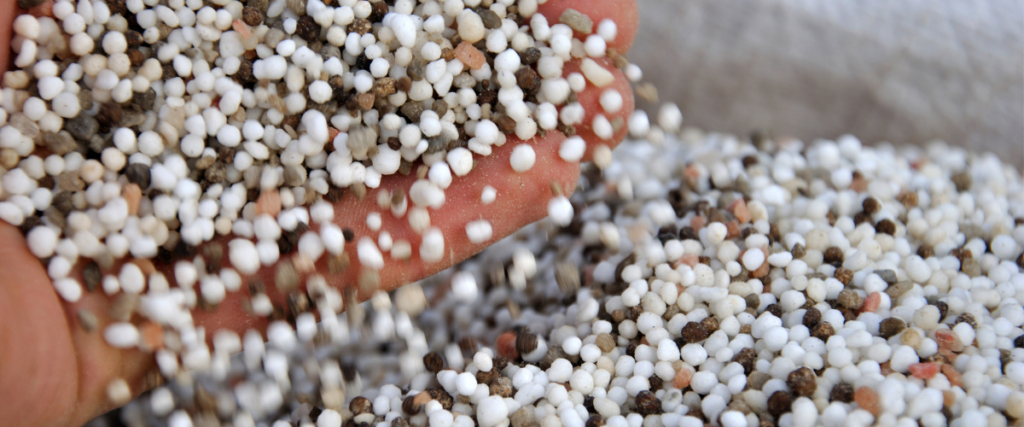Hitachi Zosen and Kubota develop businesses to extract phosphorus from human and pig waste for fertiliser use.
Two Japanese manufacturing companies, Hitachi Zosen and Kubota, are developing businesses to extract phosphorus from pig and human waste. Phosphorus is a key ingredient in fertilisers and supply shortages are pushing Japanese companies to re-evaluate their sources of the critical plant nutrient.
The compound used in fertilisers, diammonium phosphate, has increased by approximately 60% in price since the beginning of October, according to the World Bank. One wholesaler states, “Prices have been trending up, and the material is now going for about double what it did at the beginning of the year.”
Around 70% of phosphate rock is mined in China, Morocco, and the U.S, and price rises are mainly due to export restrictions in the former. In addition, a global shortage of yellow phosphorus was triggered due to Chinese production cutbacks that greatly affected the chipmaking industry. The price surge in crude oil has also been a contributing factor in higher shipping fees.
Hitachi Zosen is predicted to launch a pig faeces harvesting company by 2025, with production taking place in China where 1,800 tons of phosphorus will be collected per annum. The technology will be exchanged for Chinese contractors to build factories and collect licensing fees. Quality control will be carried out by Hitachi Zosen via spot inspections of samples.
This method of waste extraction is less expensive than the traditional method of serving phosphorus from ores with acid. In addition, this makes the product easier for plants to absorb.
By May 2022, Hitachi Zosen will build a pilot factory in Liaoning Province to produce a few hundred tons of phosphorus per year and by the end of March 2029, the company aims to have fifty factory units in operation, hitting US$17.6 million in licensing fees a year. Ultimately, Hitachi Zosen projects that the Chinese market will have 4,000 factories.
Kubota is launching a business to extract phosphorus in powder form from human faeces, heated to 1,300 degrees Celsius to separate out toxicity. The AgriTech company will begin this process in Japan to retrieve phosphorus from over 1,000 tonnes of sewage per annum to be sold as fertiliser to local governing bodies.
Phosphorus sourced from human waste is predicted to be 20-30% less expensive than that processed from imported ore due to less valuable raw materials and fewer shipping fees. Despite this, there is a reluctance to source phosphorus in this manner, and only a few facilities have the capability to recycle sewage. Thus, around 90% of fertiliser-use ammonium phosphate is from China. This might cause a diplomatic disagreement, particularly due to the increased demand for fertiliser as the global population increases along with food needs.
Chairman of the Phosphorus Industry Development Organization, Hisao Otake, stated, “Japan has a low sense of peril when it comes to phosphorus supply. The government needs to support recovery and develop a domestic framework for using it.”
Related Articles
Your Guide to AgriTech in Japan
Japan Allocates US$5.2 Billion to TSMC and Other Chip Manufacturers





